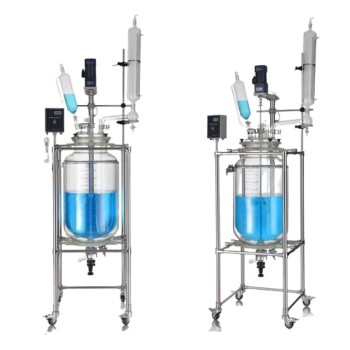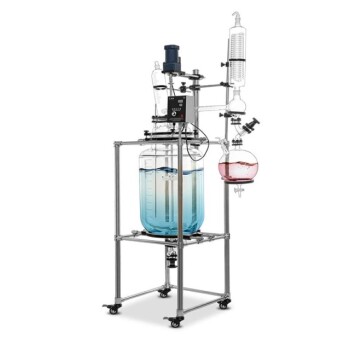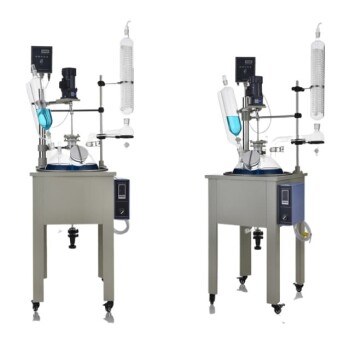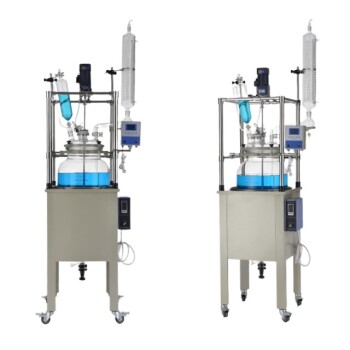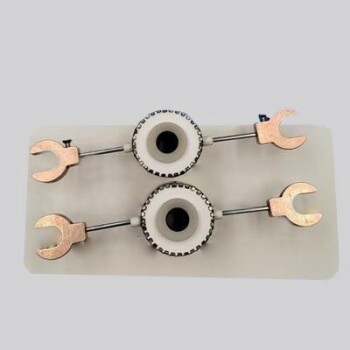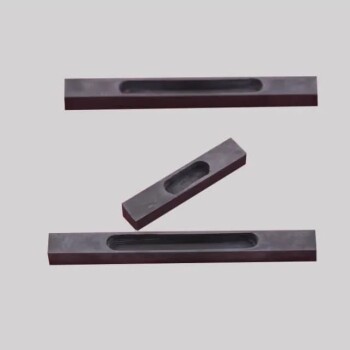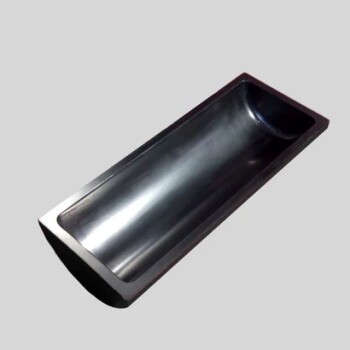Jacketed vessels, particularly jacketed reactors, are widely used in industries such as food, chemicals, pharmaceuticals, and color industries due to their ability to provide precise temperature control, enhance safety, and improve reaction efficiency. These vessels offer numerous advantages, including higher flow volumes, space-saving designs, leak-free operation, and the ability to upgrade to automation. However, they also come with some disadvantages, such as higher initial costs, complexity in maintenance, and potential limitations in handling extremely high temperatures or pressures. Below, we explore the key advantages and disadvantages of jacketed vessels in detail.
Key Points Explained:
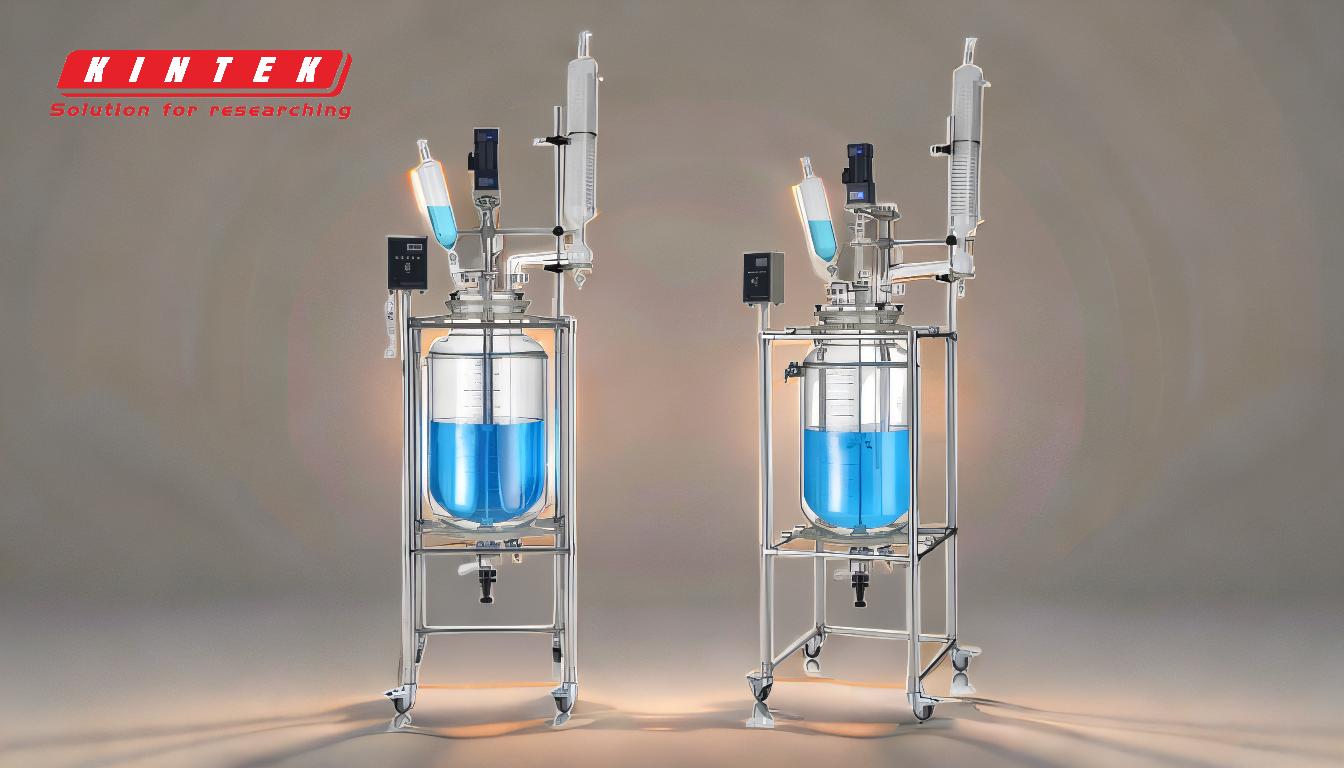
-
Advantages of Jacketed Vessels
- Improved Temperature Control: Jacketed vessels allow for precise heating and cooling of reactions, which is critical for maintaining uniform internal conditions. This ensures consistent results and improves product quality.
- Higher Flow Volume and Lower Pressure Drop: The design of jacketed reactors enables a higher volume of flow with a lower pressure drop, which enhances efficiency and reduces energy consumption.
- Space-Saving Design: Jacketed vessels are compact and efficient, making them ideal for labs and facilities with limited space.
- Leak-Free Operation: The construction of jacketed vessels ensures leak-free operation, which is essential for handling hazardous or sensitive materials.
- Ease of Use and Automation: These vessels are user-friendly and can be upgraded to include automation features, reducing manual intervention and increasing productivity.
- Chemical Resistance and Durability: Made from materials like metal and glass, jacketed vessels offer maximum chemical resistance and durability, ensuring long-term reliability.
- Versatility in Applications: Jacketed vessels are suitable for a wide range of industries, including food, pharmaceuticals, and chemicals, due to their ability to handle various temperature and pressure ranges.
-
Disadvantages of Jacketed Vessels
- Higher Initial Costs: The advanced design and materials used in jacketed vessels result in higher upfront costs compared to traditional reactors.
- Complex Maintenance: The intricate design of jacketed vessels can make maintenance more challenging and time-consuming.
- Limitations in Extreme Conditions: While jacketed vessels offer a wide temperature and pressure range, they may not be suitable for extremely high temperatures or pressures, limiting their use in certain applications.
- Potential for Contamination: Although jacketed vessels are designed to be leak-free, improper handling or maintenance can lead to contamination issues.
- Energy Consumption: While they are efficient, the need for continuous heating or cooling can result in higher energy consumption over time.
-
Applications and Industries
- Pharmaceuticals: Jacketed reactors are essential for drug development and production, where precise temperature control is crucial.
- Food Industry: Used for processes like fermentation and sterilization, jacketed vessels ensure consistent quality and safety.
- Chemical Industry: These vessels are ideal for reactions requiring controlled conditions, such as polymerization or crystallization.
- Color and Dye Industry: Jacketed reactors help maintain uniform conditions for consistent color production.
-
Future Trends and Innovations
- Automation and Smart Systems: The integration of automation and IoT technologies is making jacketed vessels more efficient and easier to monitor.
- Advanced Materials: The use of new materials with enhanced chemical resistance and durability is expanding the capabilities of jacketed vessels.
- Sustainability: Efforts are being made to reduce energy consumption and improve the environmental footprint of jacketed vessels.
In conclusion, jacketed vessels offer significant advantages in terms of efficiency, safety, and versatility, making them indispensable in many industries. However, their higher costs and maintenance requirements should be carefully considered when choosing the right equipment for specific applications.
Summary Table:
| Aspect | Advantages | Disadvantages |
|---|---|---|
| Temperature Control | Precise heating and cooling for uniform conditions | Limited suitability for extremely high temperatures/pressures |
| Flow Volume | Higher flow volume with lower pressure drop | Higher energy consumption for continuous heating/cooling |
| Design | Compact, space-saving design | Complex maintenance due to intricate design |
| Operation | Leak-free operation for handling hazardous materials | Potential contamination if improperly maintained |
| Automation | Easy to upgrade with automation features | Higher initial costs compared to traditional reactors |
| Durability | Chemical resistance and long-term reliability | |
| Versatility | Suitable for food, pharmaceuticals, chemicals, and color industries |
Discover how jacketed vessels can optimize your processes—contact our experts today!

